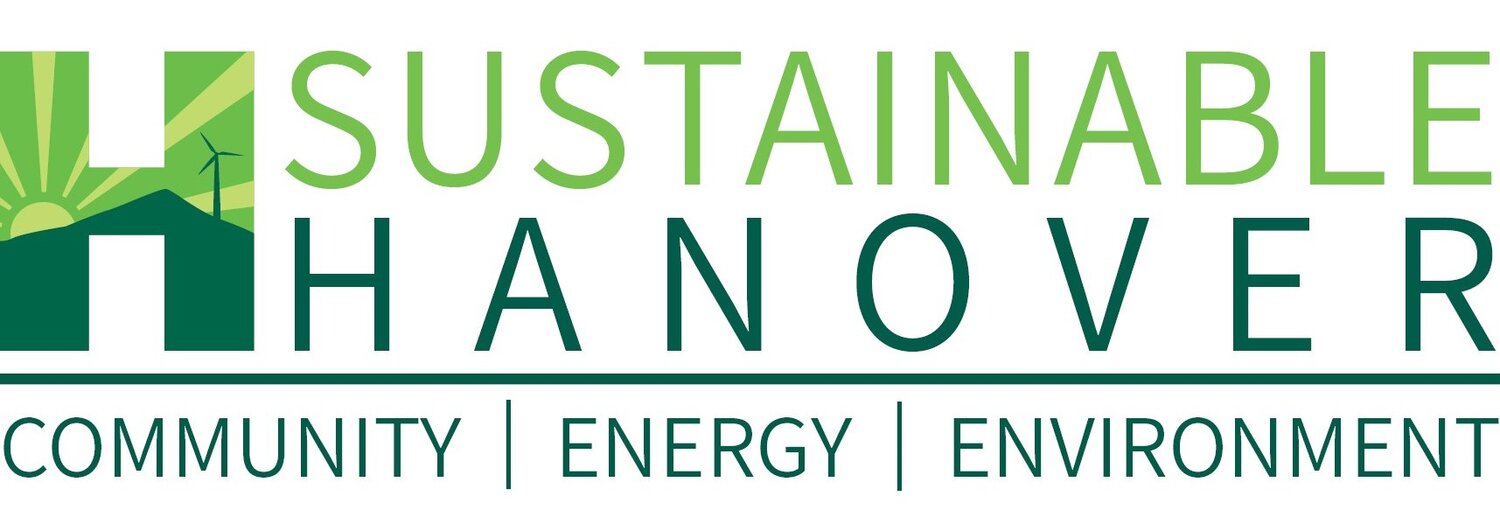Dartmouth College Sustainability
Sustainable Hanover’s first meeting of the new year featured an important update on Dartmouth College’s sustainability developments and plans. Rosi Kerr (Sustainability Director), Josh Keniston (Senior VP for Capital Planning & Campus Operations) and Abbe Bjorkund (Director of Engineering & Utilities) joined together to present a wide-ranging review of what has transpired in the immediate past and what they foresee for the future.
The team reported that Dartmouth has established a goal of zero carbon emissions by 2050 through efforts that will be science-based, integrated throughout the campus, and structured around four strategic concepts – (1) the campus and region as a laboratory, (2) teaching and curriculum, (3) operations, and (4) academic research. Focusing on the third area - operations, they explained that Dartmouth will continue its long-term commitment to energy efficiency for all its new construction and renovation projects. But the College will pivot from a “silver bullet” solution (such as the biomass proposal discussed a few years ago) to replace #6 fuel oil for heating. The new strategy involves using multiple energy sources, e.g. thermal, solar, geothermal and future technologies, an approach which will become feasible when Dartmouth has converted its heating infrastructure from steam to hot water. Heating water is more efficient than heating steam and will allow for more options with the selection and siting of heat sources. The plan includes geothermal heat exchange installations throughout the campus where appropriate.
Dartmouth intends to accomplish its emission goals without reliance on carbon offsets. Energy resources needed beyond what the college can achieve on campus will come from renewable resources in the New England region. Payback as a part of the cost-benefit analysis of efficiency and renewable energy projects is to be amortized over life of the building, not shorter periods as has been the practice historically. Estimates of the cost of this effort to the year 2035 are $700-800 million.
Recognizing that this major effort will impact not only the campus but also the town of Hanover, the Dartmouth Sustainability team and Sustainable Hanover discussed ways to keep the community informed and create opportunities for Dartmouth energy experts to share “lessons learned” that can help community members advance similar efficiency and carbon-reducing goals for their households.
Following this discussion and assisted by Dartmouth student Grace Mendolia (24) and Rachel Kent, (Program Director Dartmouth Sustainability Office), Sustainable Hanover will host a public forum on the Dartmouth Energy plan with Rosi Kerr and other Dartmouth presenters. The forum will be held Tuesday, March 19 from 5 to 7 pm at the Mayer Room, Howe Library. Please join us.
